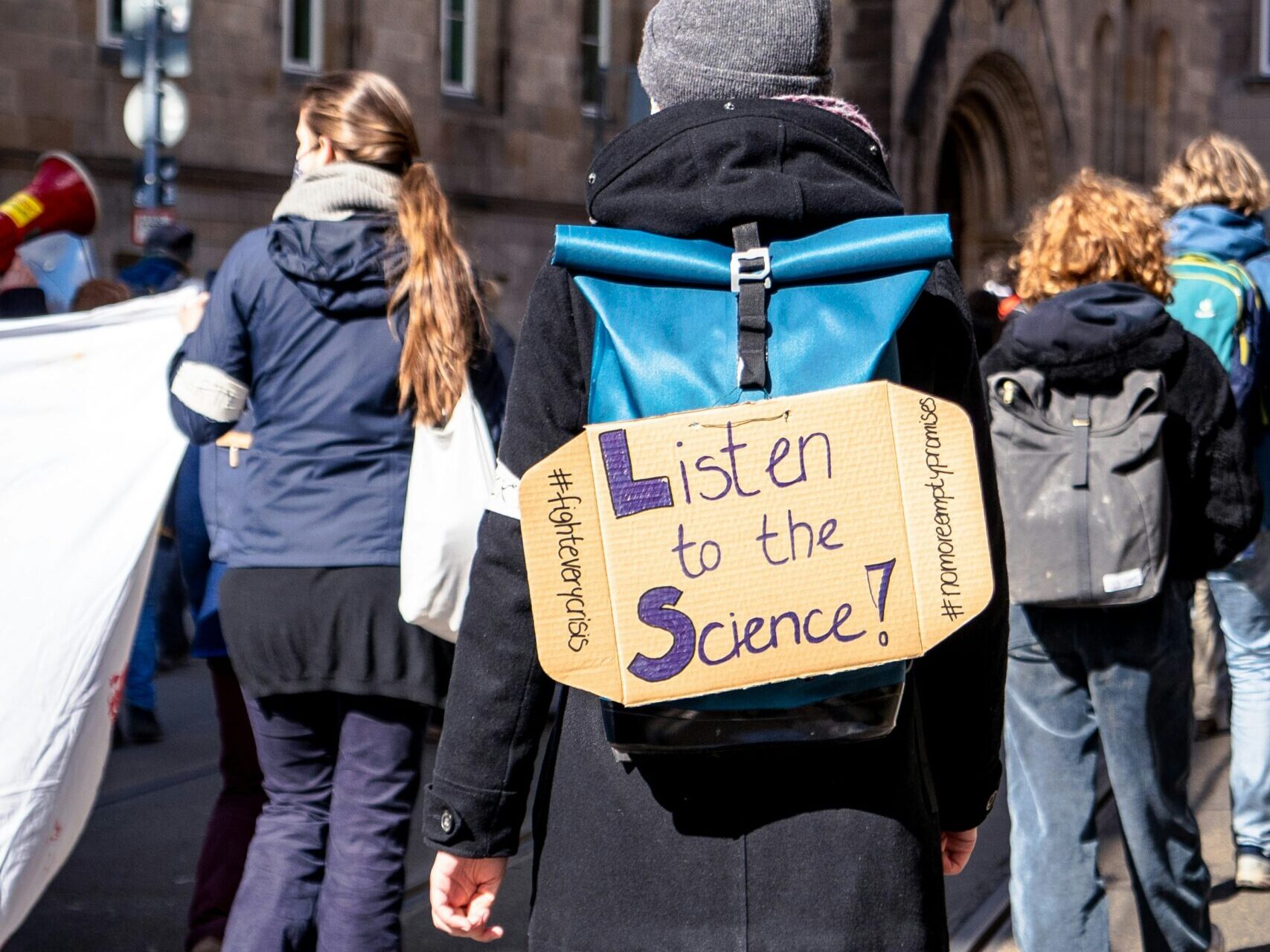In 2009, a scandal known as “Climategate” rocked the climate science world. A trove of hacked emails from the University of East Anglia’s Climate Research Unit was leaked to the public, and skeptics jumped on them as “proof” that climate scientists were manipulating data to exaggerate global warming.
While investigations later cleared the scientists of any wrongdoing, the damage was done. Trust in climate science took a hit and the ripples are still being felt today.
So why are we talking about Climategate in 2025? And more importantly, what does it mean for Australians now?
A Quick Recap: What Was Climategate?
In November 2009, right before the UN Climate Conference in Copenhagen, a set of emails and documents from prominent climate scientists were hacked and posted online. Climate change deniers seized on cherry-picked quotes and misleading interpretations to suggest scientists were covering up inconvenient data.
The phrase “hide the decline” was used as so-called evidence that researchers were manipulating temperature records, even though the actual context referred to well-documented problems with tree-ring proxy data, not global temperatures overall.
Multiple independent reviews followed, including ones by the UK Parliament and the National Science Foundation. All cleared the scientists of misconduct and reaffirmed the validity of climate science.
TL;DR: Climategate was a misinformation-fuelled scandal that falsely claimed climate data was being manipulated. Multiple investigations found no fraud or deceit.
Why It Still Matters in 2025
Fast forward to today: misinformation and climate skepticism are still alive and well, especially online. Climategate is frequently dredged up by climate deniers as a reason not to trust scientists or take action. The result? Confusion, division, and a slowing down of necessary climate policy, something Australia can’t afford.
In 2025, Australia is on the frontline of climate impacts: extreme heatwaves, worsening bushfires, and rising insurance costs due to flood and cyclone damage. Every delay in action means more economic loss, more ecosystem collapse, and more risk to our health and safety.
When mistrust in science leads to apathy or resistance, we lose momentum at a time when every bit of progress counts. Climategate isn’t just a historical event, it’s a cautionary tale about how misinformation can derail action.
TL;DR: The legacy of Climategate still fuels climate skepticism, which delays action. Something that Australia, who is facing worsening climate impacts, simply can’t afford.
What Australians Need to Take Away
- Scrutinise your sources – If you see someone bringing up Climategate online, check whether they’re presenting facts or peddling conspiracy.
- Science isn’t perfect but it’s still our best tool – The scientific process is built on peer review, replication, and transparency. It evolves, and that’s a strength, not a flaw.
- Misinformation hurts real progress – Whether it’s slowing down emissions targets or weakening public support for renewables, fake controversy can have real-world impacts.
- We’ve got bigger fish to fry – Australia needs to focus on cutting emissions, transitioning to clean energy, and preparing for climate impacts, not fighting battles from 2009.
TL;DR: Australians should recognise Climategate as a misinformation event, not a scandal. The real danger lies in letting old myths delay the action we urgently need today.
Where to Next?
Climategate may be 15 years old, but its shadow still looms over climate conversations. In 2025, the stakes are far higher than they were in 2009. If we’re serious about building a sustainable future, we need to leave the noise behind and get on with the work.
Because while the planet heats up, so does the urgency and we don’t have time to argue over debunked distractions.
TL;DR: Climategate was never the scandal deniers claimed it was. In 2025, Australians should focus on facts, fight misinformation, and stay laser-focused on climate action.
FAQs about Climategate
Was any climate data actually falsified?
No. Every independent review concluded that the data was sound and the conclusions valid. The quote “hide the decline” referred to a known issue with tree-ring data after 1960, not actual global temperatures. No data was hidden or manipulated to mislead the public.
Why should we trust climate scientists now?
Because science builds on evidence, peer review, and correction. Climate science today is stronger than ever, with decades of satellite records, ocean data, and computer models that continue to match observed changes. Plus, it’s not just one group saying it—there’s consensus from every major scientific body worldwide.
But doesn’t Climategate prove there’s a political agenda?
Nope. What it proves is how easily selective quotes and technical language can be taken out of context. Climate science absolutely influences policy but it’s based on physical evidence, not politics. The “agenda” is addressing a real threat using the best available data.
Isn’t Australia too small to make a difference?
This is a common deflection. While our emissions are about 1% of the global total, we’re one of the highest emitters per capita. Our choices ripple through trade, regional influence, and innovation. And frankly, if every country used the “we’re too small” excuse, nothing would get done.

